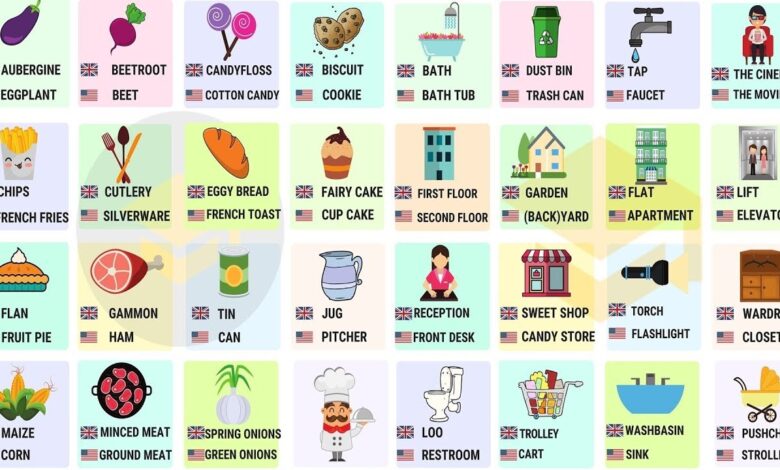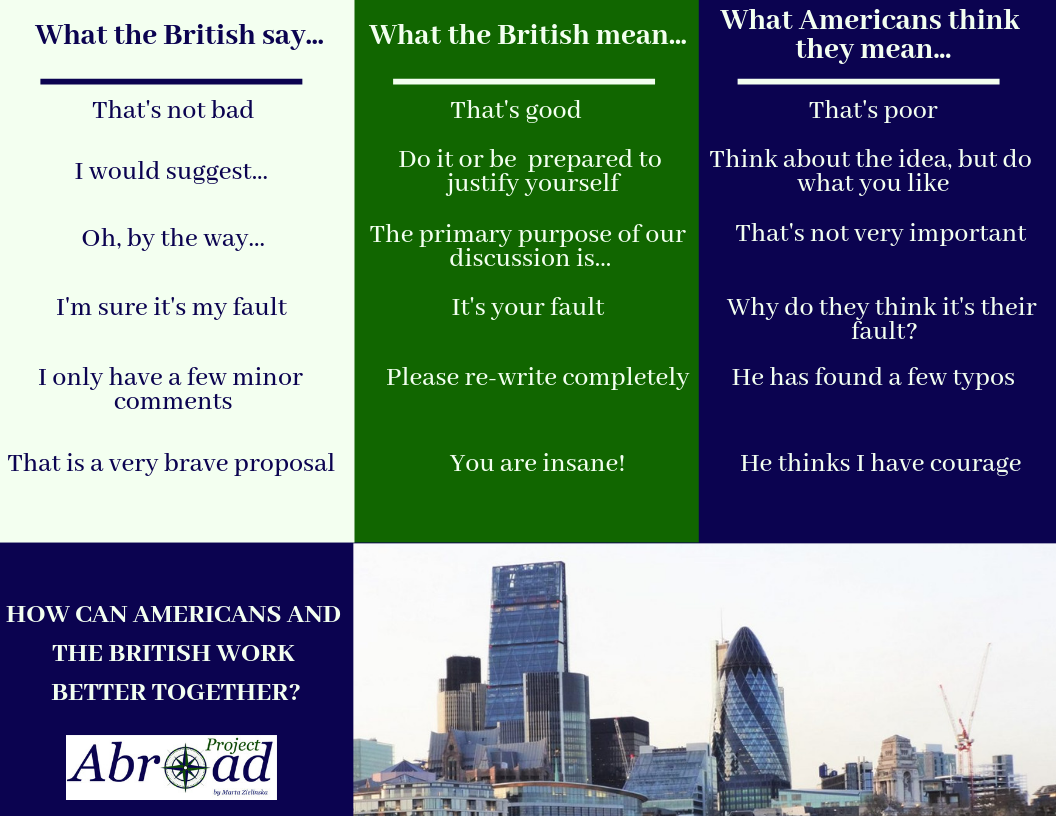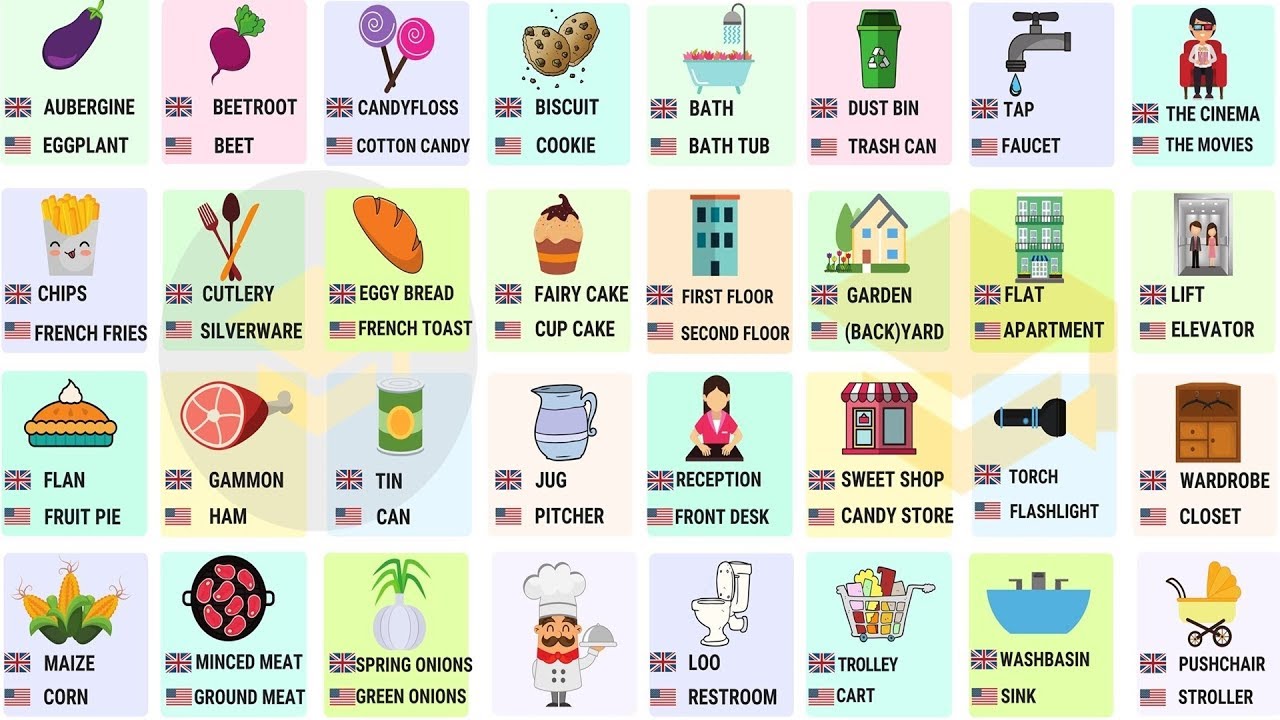
Why Americans Are So Keen on Britishisms
Why Americans Are So Keen on Britishisms? It’s a question that’s fascinated me for ages. Is it the lingering echoes of British colonialism? The allure of a perceived sophistication emanating from across the pond? Or is it something more nuanced, a blend of historical ties, media influence, and a dash of playful irony?
This post dives into the fascinating reasons behind America’s fondness for British English words and phrases.
From the silver screen to everyday conversation, Britishisms pepper American culture. We’ll explore the historical roots of this linguistic borrowing, examining the enduring impact of British literature, film, and music. We’ll also look at how the media perpetuates and even amplifies this trend, shaping perceptions of British culture and influencing language adoption. Get ready for a deep dive into the fascinating world of transatlantic linguistic exchange!
The Appeal of British “Sophistication”: Why Americans Are So Keen On Britishisms

The enduring fascination Americans hold for British culture, and consequently, for Britishisms, is deeply intertwined with a romanticized perception of British sophistication. This isn’t simply about liking accents; it’s a broader cultural aspiration, a desire to associate oneself with a perceived elegance and refinement often attributed to British society, history, and traditions. This perception, fueled by centuries of literature, film, and television, significantly influences the adoption of British vocabulary and even lifestyle choices in America.The perception of British sophistication is a complex construct, built upon historical narratives of a powerful empire, a rich literary heritage, and a perceived adherence to certain social graces and etiquette.
Think of the enduring imagery of stately homes, impeccably dressed individuals, and refined social gatherings – these visuals, constantly reinforced in American media, contribute to the overall impression of British elegance. This isn’t to say that British society is uniformly sophisticated, but the idealized version consistently presented in popular culture shapes American perceptions.
British Sophistication in American Media
American media frequently employs visual cues to reinforce this image of British sophistication. Consider the portrayal of upper-class British characters in films and television shows. Scenes often feature meticulously designed interiors, filled with antique furniture, rich fabrics, and carefully curated artwork. Think of period dramas like “Downton Abbey,” where the grand estate, with its sprawling gardens and opulent rooms, serves as a visual representation of this idealized sophistication.
Even contemporary shows featuring British characters often maintain a similar aesthetic, using wardrobe choices, settings, and dialogue to evoke a sense of refinement. The muted color palettes, the classic architecture, the carefully chosen props – these all contribute to a visual language that signifies British sophistication and subtly influences American viewers. For example, a scene might show a character sipping tea in a sun-drenched drawing-room, surrounded by bookshelves filled with leather-bound volumes, instantly invoking a sense of cultivated taste and leisure.
This visual representation isn’t accidental; it’s a deliberate choice that reinforces the association between British culture and a specific kind of elegance.
The Influence on Language Adoption
The desire to emulate this perceived British elegance directly impacts the adoption of Britishisms into American language. Using words like “queue” instead of “line,” or “lift” instead of “elevator,” can be seen as a subtle way to align oneself with this aspirational image. It’s not merely about linguistic precision; it’s a stylistic choice that carries a cultural weight. The adoption of these terms, even small ones, subtly signals a connection to a perceived sophistication and refinement.
This is further amplified by the prestige associated with British English in certain academic and professional circles, reinforcing the perceived superiority of certain Britishisms. The use of such words becomes a form of cultural signaling, a way of subtly indicating a familiarity with and appreciation for a specific cultural aesthetic.
Irony and Humor

The use of Britishisms in American media isn’t just about aping a perceived sophistication; it’s also a rich source of comedic effect. The inherent cultural differences between Britain and America, from slang and pronunciation to social norms, create a fertile ground for irony and humor when British English is deployed in an American setting. This often plays on the unexpected, the slightly jarring, and the subtle misunderstandings that can arise from the linguistic differences.The comedic potential stems from the juxtaposition of the familiar and the foreign.
American audiences are generally exposed to British culture through media, but the nuances of British English often remain unfamiliar enough to be funny. This creates a sense of playful subversion, where the use of a Britishism can be both unexpected and amusing, highlighting the cultural distance while simultaneously bridging it through shared laughter.
Examples of Britishisms Used for Humor in American Media
The deliberate use of Britishisms in American comedy is a well-established trope. It often serves to characterize a character as either sophisticated (ironically or otherwise), out of place, or simply quirky. This technique relies on the audience’s familiarity with both American and British English to generate humor. The unexpectedness of a British term in a typically American context creates a comedic disconnect.
- “Bloody Hell!” – This exclamation, while understood by most American audiences, retains a certain British flavour that can be used for comedic effect, especially when uttered by a character who otherwise seems out of place in their American surroundings. The strong, slightly vulgar nature of the phrase contrasts with the context, leading to humorous effect.
- Use of “Cheerio” or “Brilliant” – These words, though increasingly common in American English, still carry a distinct British connotation. Their use in an American context can subtly mark a character as either affectedly British or simply possess a unique personality trait.
- Misunderstandings based on pronunciation differences – The subtle differences in pronunciation between American and British English can be exploited for comedic effect. For example, a character using a distinctly British pronunciation of a word might lead to a humorous misunderstanding with an American character.
American Comedic Shows and Films Utilizing Britishisms, Why americans are so keen on britishisms
Numerous American comedic shows and films have cleverly utilized Britishisms for humorous purposes. These instances often play on the cultural differences between the two countries, creating a comedic tension or highlighting a character’s unique background.
- The Office (US) – While not overtly reliant on Britishisms, the show occasionally incorporates them, often to emphasize the character’s awkwardness or quirky personality. The use of British terms within the generally American setting adds a layer of subtle humor.
- Various Sitcoms and Sketch Comedy Shows – Many American sitcoms and sketch comedy shows utilize Britishisms for comedic effect, often as a running gag or a quick one-liner. These shows frequently use the unexpectedness of a British term in an American context to create a comedic moment.
So, why are Americans so keen on Britishisms? The answer, it turns out, isn’t a simple one. It’s a rich tapestry woven from historical threads, media portrayals, and the inherent human desire to connect with different cultures. Whether it’s a subtle nod to a shared history, an attempt to emulate perceived sophistication, or simply a humorous twist on language, the adoption of Britishisms in American English is a dynamic and ever-evolving phenomenon.
It’s a testament to the enduring influence of British culture and the playful, ever-changing nature of language itself. And that, my friends, is something truly fascinating.
So, why the American fascination with Britishisms? Maybe it’s a touch of transatlantic cultural osmosis, a desire for something perceived as more refined. But then you consider the political landscape – the recent news about a bill making it harder for lawmakers to object to presidential results advances in senate – and you wonder if that yearning for a certain stability might also play a part in this linguistic preference.
Ultimately, the reasons are probably multifaceted, reflecting a complex relationship between two nations.
So, why the American fascination with Britishisms? Maybe it’s a lingering colonial echo, or perhaps a perceived sophistication. It’s interesting to consider the impact of British scientific giants on American culture; check out this fascinating article on darwin and dawkins a tale of two biologists for a glimpse into that influence. Ultimately, the appeal of British English might just be a reflection of our ongoing cultural exchange and admiration for their intellectual contributions.
So, why the American obsession with Britishisms? Maybe it’s a fascination with a perceived sophistication, a yearning for something “across the pond.” It’s a strange contrast, considering how the global impact of things, like the potential collapse of Norway’s salmon industry, as highlighted in this article, norways atlantic salmon risks going the way of the panda , shows how interconnected our world truly is.
Perhaps this global awareness fuels the interest in other cultures, leading to the adoption of linguistic quirks, ultimately bringing us back to the curious case of American affection for British slang.

